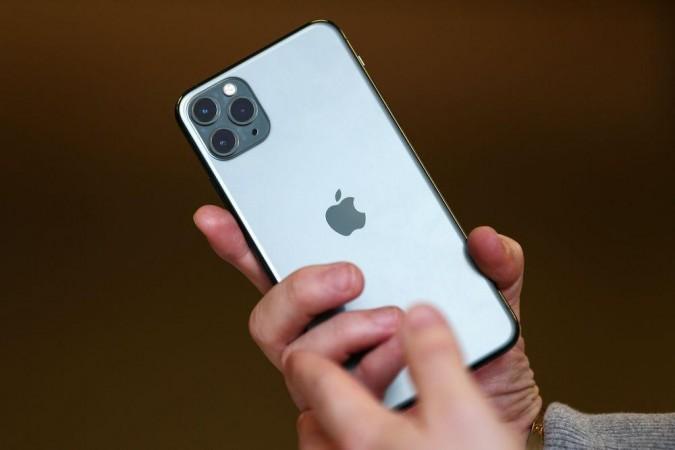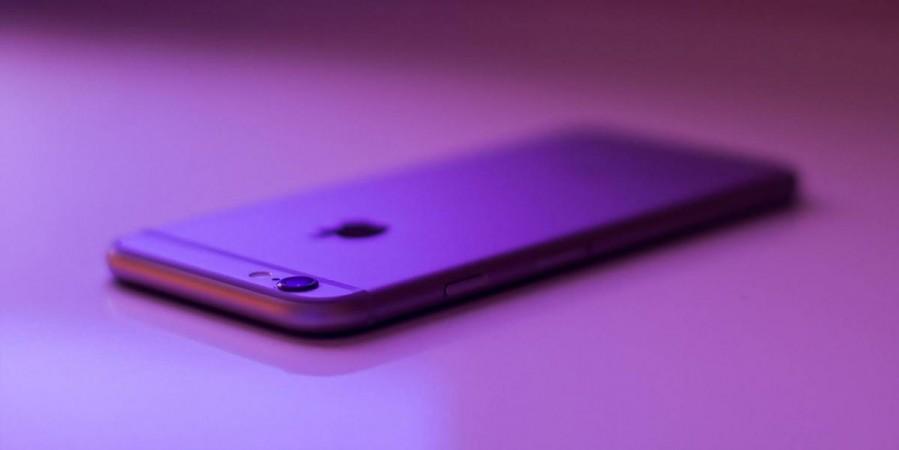Apple has been hit with a lawsuit for slowing down older iPhones, and the tech giant will now have to pay a hefty $500 million to settle it.
The iPhone maker will have to pay a qualified user $25 per phone. In total, the company will have to pay out a minimum amount of $310 million to all iPhone users across the US. The settlement will be covering the following models: iPhone 6, 6 Plus, 6S, 6S Plus, 7, 7 Plus, and SE devices that have updated their devices with the software update, which launched before December 21, 2017.
However, the lawsuit is yet to be approved by the federal judge in California during the hearing in early April. When Apple was hit with the litigation, it did not comment on it immediately.
Back in December 2017, Apple admitted that its iOS device software had been tweaked, which slowed the performance on older iPhones and causing the device to shut down spontaneously despite having enough battery.
Customer outcry
Upon discovering this act, critics began accusing the tech giant of forcing users to buy newer versions of the iPhone sooner than necessary. This also resulted in a massive outcry from many iPhone users, who demanded that the company upgrade the current device software and offer heavy discounts on battery replacements.
The settlement proposed requires Apple to pay at least $310 million, but not anything above $500 million to compensate those users in the US who had to face the issue. Additionally, the company will also have to pay the lawyers for the plaintiffs.
Lawyers' fat cheque
Lawyers who brought the forward will receive $93 million as part of the settlement and also an additional $1.5 million for out-of-pocket expenses.
Apple described that the slowing down of the iPhone 6 handset was supposed to be a "well-intended" feature, which could prevent the device from shutting down due to cold or weak batteries.
The company soon rolled another software update, which helped users figure if their device is being affected by a deteriorating battery.
In December 2017, when faced with the charges, Apple said, "we have never -- and would never -- do anything to intentionally shorten the life of any Apple product, or degrade the user experience to drive customer upgrades."


















